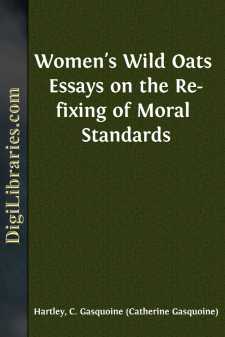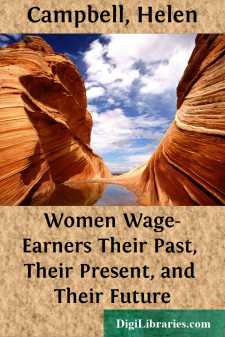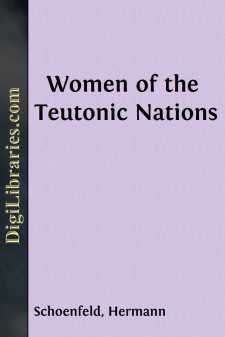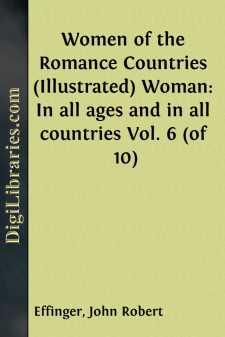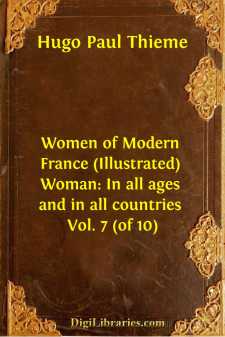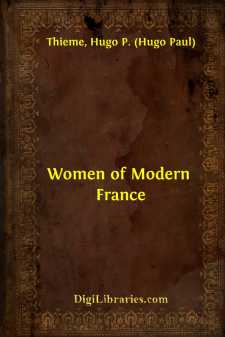Categories
- Antiques & Collectibles 13
- Architecture 36
- Art 48
- Bibles 22
- Biography & Autobiography 813
- Body, Mind & Spirit 142
- Business & Economics 28
- Children's Books 16
- Children's Fiction 13
- Computers 4
- Cooking 94
- Crafts & Hobbies 4
- Drama 346
- Education 46
- Family & Relationships 57
- Fiction 11829
- Games 19
- Gardening 17
- Health & Fitness 34
- History 1377
- House & Home 1
- Humor 147
- Juvenile Fiction 1873
- Juvenile Nonfiction 202
- Language Arts & Disciplines 88
- Law 16
- Literary Collections 686
- Literary Criticism 179
- Mathematics 13
- Medical 41
- Music 40
- Nature 179
- Non-Classifiable 1768
- Performing Arts 7
- Periodicals 1453
- Philosophy 64
- Photography 2
- Poetry 896
- Political Science 203
- Psychology 42
- Reference 154
- Religion 513
- Science 126
- Self-Help 84
- Social Science 81
- Sports & Recreation 34
- Study Aids 3
- Technology & Engineering 59
- Transportation 23
- Travel 463
- True Crime 29
Sort by:
CHAPTER I: A STROKE OF GOOD FORTUNE A mounted officer, followed by two orderlies, was proceeding at a brisk trot from Paris to St. Denis, in October, 1639, when he came upon a large party of boys, who, armed with sticks, were advancing in something like military order against a wall on the top of a low hill. "What are you doing?" he asked the lad who appeared to be the leader. "We are...
more...
INTRODUCTORY WOMAN'S CARNIVAL "To the hungry soul every bitter thing is sweet."—Prov. xxvii. 7. The sudden collapse of the war left us in a daze. After the years of inhuman strain it was hard to ease off tension to the almost forgotten conditions of peace. I recall that ever to be remembered day, November 11th, 1918—Victory Day. In the early hours before noon I was in London, and my...
more...
by:
Edith J. Morley
FOREWORDS ON BEHALF OF THE STUDIES COMMITTEE OF THE FABIAN WOMEN'S GROUP The present economic position of women bristles with anomalies. It is the outcome of long ages of semi-serfdom, when women toiled continuously to produce wealth, which, if they were married, they could enjoy only at the good pleasure of their lords,—ages when the work of most women was conditioned and subordinated by male...
more...
by:
Helen Campbell
WOMEN WAGE-EARNERS; THEIR PAST, THEIR PRESENT, AND THEIR FUTURE. The one great question that to-day agitates the whole civilized world is an economic question. It is not the production but the distribution of wealth; in other words, the wages question,—the wages of men and women. Nowhere do we find any suggestion that capital and the landlord do not receive a quid pro quo. Instead, the whole labor...
more...
PREFACE Adequately to write the history of the woman of any race would mean the writing of the history of the nation itself. There is no phase of the cultural life of any people that is not founded upon the physical and moral nature of its women. On the other hand, mental and moral heredity, both through paternity and maternity, determines the character and innermost being of woman. If we knew all the...
more...
CHAPTER I The eleventh century, which culminated in the religious fervor of the First Crusade, must not on that account be considered as an age of unexampled piety and devotion. Good men there were and true, and women of great intellectual and moral force, but it cannot be said that the time was characterized by any deep and sincere religious feeling which showed itself in the general conduct of...
more...
The Age of the Countess Matilda of Tuscany The eleventh century, which culminated in the religious fervor of the First Crusade, must not on that account be considered as an age of unexampled piety and devotion. Good men there were and true, and women of great intellectual and moral force, but it cannot be said that the time was characterized by any deep and sincere religious feeling which showed itself...
more...
by:
Gertrude Bone
CHAPTER I When I was a child I lived in a small sea-coast town, with wide, flat sands. The only beautiful thing in the place—a town of no distinction—were the sunsets over this vast, level expanse. I remember them at intervals, as one recalls things seen passing in a train through a solitary landscape. I seem to see myself, a child with a child's imagination, standing on those wet sands,...
more...
by:
Hugo Paul Thieme
CHAPTER I French women of the sixteenth, seventeenth, and eighteenth centuries, when studied according to the distinctive phases of their influence, are best divided into three classes: those queens who, as wives, represented virtue, education, and family life; the mistresses, who were instigators of political intrigue, immorality, and vice; and the authoresses and other educated women, who constituted...
more...
Chapter I French women of the sixteenth, seventeenth, and eighteenth centuries, when studied according to the distinctive phases of their influence, are best divided into three classes: those queens who, as wives, represented virtue, education, and family life; the mistresses, who were instigators of political intrigue, immorality, and vice; and the authoresses and other educated women, who constituted...
more...



